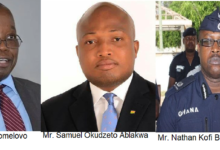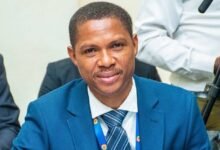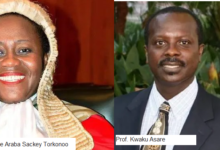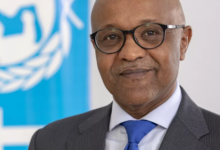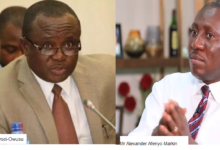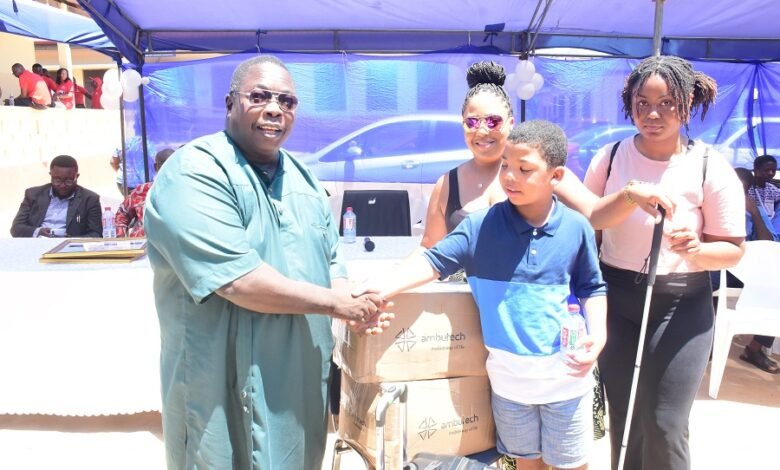
Ghana yesterday joined the rest of the world to commemorate International White Cane Day with a call on government to invest in technological devices needed by visually-impaired persons in order to help them reach their full potentials.
The Country Programme Coordinator of the Holistic Development Programme for Visually Impaired Children (HODVIC), Jeremiah Badu Shayar, said cost and access to assistive devices for the visually impaired population in Ghana remained a challenge compounding their vulnerability, to be able to lead meaningful lives.
“Investing in these devices will help make them affordable and accessible for the blind to ensure they are supported in areas such as academics to improve their learning, professional life among others,” he said.
On the theme “The white cane, a symbol for access for total inclusion and celebrating abilities,” this year’s celebration by the GBU was supported by SIC, Opportunity International Savings and Loans, Goil Ghana Limited, VFS Ghana Limited, Ghana National Gas Company Limited, and Gokals-Laborex Limited.
Mr Shayar made reference to many advanced and developing countries which had made progress in ensuring social inclusion to allow for vulnerable groups like the visually impaired to live normal.
“In Ethiopia for instance, a simple mp3 has all the textbooks of the children from class one to class six on it, so the child who is blind and in school would just listen if it is English or whatever subject it is, the child would just play and listen to it and learn progressively but this cannot be said in Ghana and these are examples we must emulate,” he said.
The Executive Director of GBU, Dr Peter Obeng-Asamoa, said aside physical obstacles that prohibited the progress of visually impaired, barriers of social attitudes, ignorance, and negative cultural practices, persist.
He advocated for pragmatic steps to be taken to help the blind navigate freely in the society.
“Certain practices like eradication of stigmatisation of visually impaired persons in our communities must be cultivated to support the blind”.
“We need to also donate to organisations that provide services, training and resources for people with visual impairment as well as assisting individuals with visual impairment in our communities.”
Dr Obeng-Asamoa advised visually impaired persons to endeavour to make use of the white cane given them to help guide them as it serves as their second eye to the one they have lost.
A Programmes Officer at Sightsavers International, Madam Beatrice Akua Mahmood, called on the government to prioritise the need for establishing an assistive device centre that will include the provision of white cane where all blind and partially sighted persons, regardless of their location, could have access to.
She also urged that white canes be given to people who cannot afford it or at subsidised price to make them more affordable to blind and partially sighted persons.
BY ABIGAIL ANNOH




